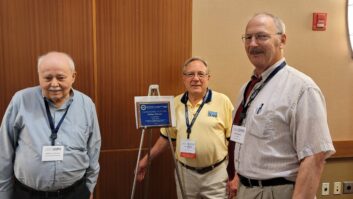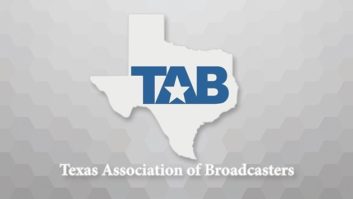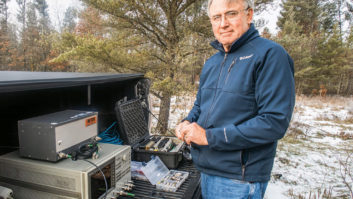The FCC approved a controversial plan to reduce the number of its field offices and staff. Citing flat budgets and the need to update equipment in the field offices, the chairman of the commission expects that that the reduction of field offices and staff will save �millions of dollars,� while improving their services.
The issue first arose earlier this year, when Chairman Tom Wheeler proposed closing two-thirds of the field offices and establishing �tiger teams� to be deployed when enhanced enforcement action was necessary. According to Commissioner Ajit Pai, the field office staff was not made aware of these plans in advance, which lead to some ruffled feathers.
Also a major concern was the increasing lawlessness of pirate radio operators, particularly in the northeast corridor and Florida. With the reduction of field offices, many feared that the FCC�s current inability to shut down pirate radio operators would only be exacerbated.
The new plan will shut down field offices in Anchorage, Buffalo, Detroit, Houston, Kansas City, Norfolk, Philadelphia, San Diego, San Juan, Seattle and Tampa.� Offices will be maintained in Atlanta, Boston, Chicago, Columbia (Md.), Dallas, Denver, Honolulu, Los Angeles, Miami, New Orleans, New York, Portland (Ore.) and San Francisco.
Although the field offices will be closed in Alaska and Puerto Rico, the FCC stated that it would contract with local personnel to maintain a �field presence� and will periodically �dispatch� agents to Kansas City. Finally, the field offices in Atlanta, Columbia and San Francisco will be relocated to FCC-owned properties.
In addition, all field office staff will now be required to have electrical engineering backgrounds, and there will be an overall reduction of staff from 98 to 54. According to Commissioner Michael O�Rielly, the electrical engineering requirement will result in the termination of six employees � compliance specialists � whom he preferred to grandfather.
Finally, the order contains a commitment to develop a �comprehensive policy and enforcement approach� to deal with pirate radio operators. O�Rielly appreciated the additional commitment, but stated that the FCC already had a policy to treat these operators as broadcasting illegally, so the only acceptable approach is to �go after the illegal broadcasting operations and shut them down, full stop.� Of course, this has been difficult due to Congress� decision to cut the FCC�s budget, and require it to pay for its services through auction proceeds and annual regulatory fees.
TOWER COMPLIANCE
Spot inspections of tower facilities are among the most active areas of enforcement affecting broadcasters, and the Wireless Bureau released a helpful reminder that many licensees are not in compliance with the rules.
In a rather straightforward public notice released in June, the bureau noted that many Antenna Structure Registration followers have failed to receive a determination of no hazard from the FAA, failed to register the tower before construction, failed to notify the FCC after the tower construction was completed, and failed to comply with lighting and painting requirements.
The bureau also noted that many ASR filers are certifying compliance with the environmental impact rules without actually checking to make sure that the certification is accurate. In some cases, this certification is made prematurely, i.e., before the bureau has determined that an environmental assessment is not required, and in other cases, the filer has failed to complete an environmental review. The bureau reminded filers that false or premature certifications are violations of the rules and are subject to enforcement action.
Petro is of counsel at Drinker Biddle & Reath LLP. Email: [email protected].
�
�












